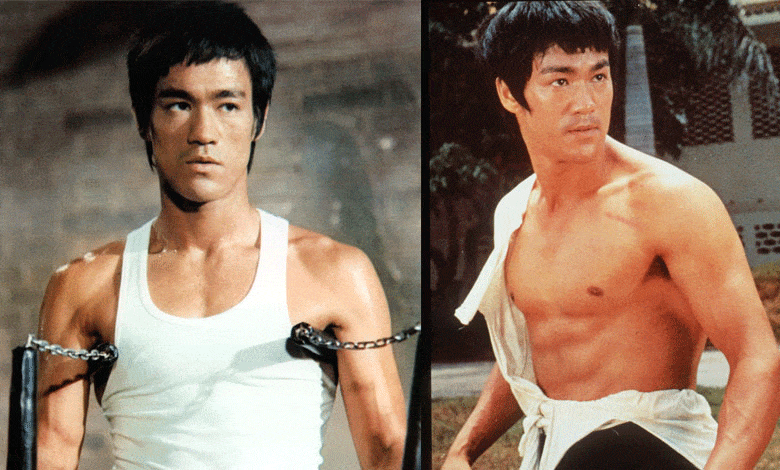Celebrating Bruce Lee: The Martial Arts Legend Who Redefined Cinema
Bruce Lee, often hailed as the king of martial arts, continues to be a household name synonymous with speed and skill in the world of martial arts even decades after his passing. Born on September 27, 1940, in San Francisco’s Chinatown, Lee’s original name was Lee Yuen Kam.

Mumbai: Bruce Lee, often hailed as the king of martial arts, continues to be a household name synonymous with speed and skill in the world of martial arts even decades after his passing. Born on September 27, 1940, in San Francisco’s Chinatown, Lee’s original name was Lee Yuen Kam.
He was given the name “Bruce” by a nurse at the hospital where he was born. His family moved to Hong Kong shortly after his birth, where his father, a well-known star, introduced him to the world of cinema at a young age.
By the age of 16, Bruce Lee had already appeared in nearly 20 films. His education began at the St. Francis Xavier’s College, but as crime began to rise in his neighborhood, he took up martial arts to protect himself and his family. This decision ultimately shaped his destiny, as he developed a passion for fighting that led his father to send him to America.
In the United States, Lee started teaching martial arts to make a living, which quickly gained popularity. By 20, he enrolled at the University of Washington while continuing to teach martial arts. In 1964, he married Linda, and by the late 1960s, prominent actors like Steve McQueen and James Coburn sought him as a trainer, increasing his influence in Hollywood.
In 1969, Lee opened a martial arts training center in Chinatown, Los Angeles, and that same year appeared as a supporting actor in the film “Marlowe.” His breakthrough came in 1971 with the lead role in “The Big Boss,” a film that catapulted him to international fame. Following this success, he returned to Hong Kong to direct his own film, “Fist of Fury,” which became a massive hit.
Lee’s skills were so exceptional that during filming, directors often had to slow down his kicks in post-production to make them appear more realistic. In 1972, he showcased his multifaceted talent in “Way of the Dragon,” where he served as the actor, screenwriter, director, and fight choreographer.
The success of “Way of the Dragon” caught the attention of Warner Brothers, who produced “Enter the Dragon.” Tragically, Lee passed away under mysterious circumstances on July 20, 1973, just three weeks before the film’s release. Upon its debut, “Enter the Dragon” broke box office records, solidifying Lee’s legacy.
Shannon Lee, Bruce’s daughter, has created a documentary about her father, presenting him as a star, warrior, and philosopher. She reflects, “The idea for this film came to me when I was very young. I wanted to showcase my father’s qualities. It’s not just about what people say about him; you will feel as though he is present in the film.”
Shannon describes her father as someone who connected martial arts with philosophy, driven by selfless ideals. She notes, “While others may have merged one or two styles of martial arts before him, it was my father who made it accessible to the masses.” In an interview, Bruce Lee expressed his belief, saying, “As a human being, I see the entire world as a family under heaven.”
Bruce Lee’s brief yet impactful career has inspired countless individuals, and his philosophy on martial arts continues to resonate through various documentaries. His limited filmography stands testament to his dedication, passion, and artistry, solidifying his status as an unparalleled icon in Asian cinema whose talents remain unmatched to this day.
